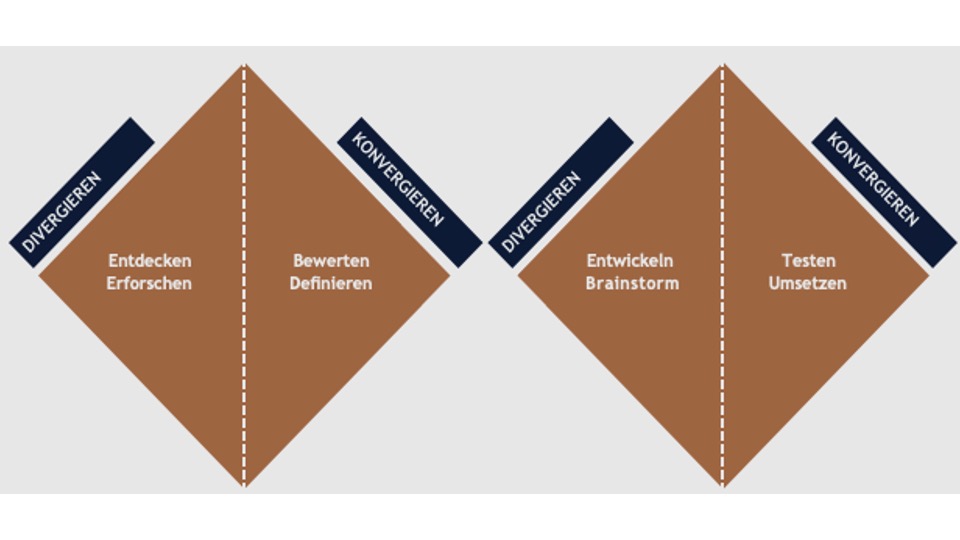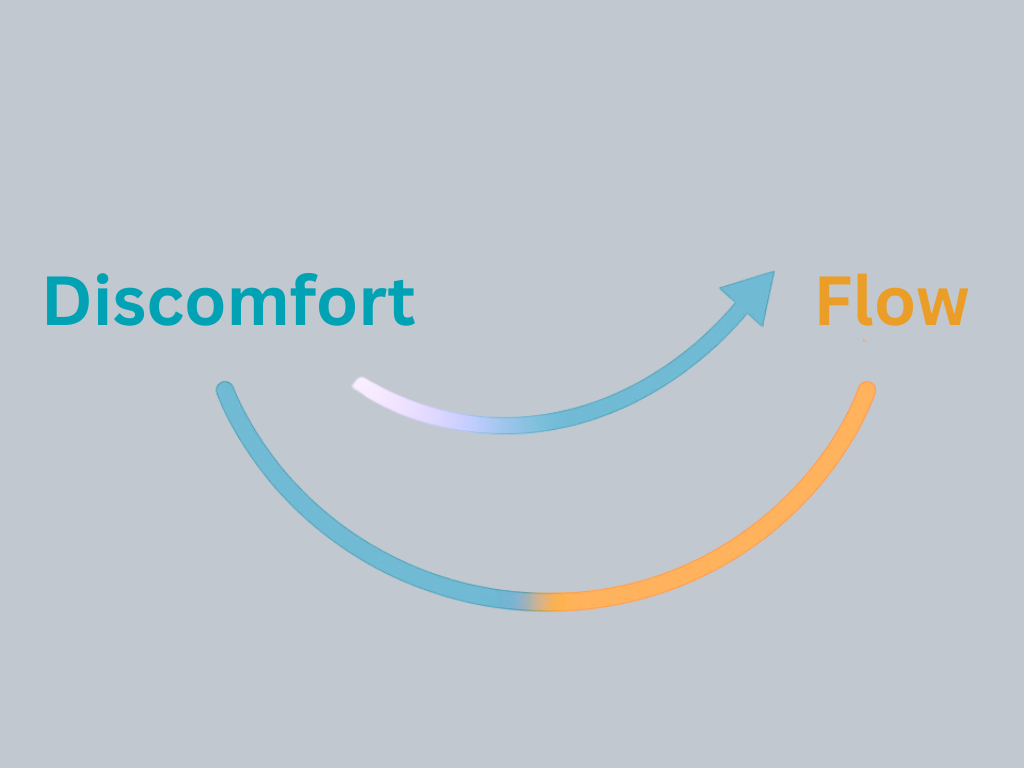Are you empathetic?
Empathy in the workplace and at management level is a recurring topic of discussion. Especially during the pandemic, we have learnt how important it is to feel safe and in good hands. And yet I keep coming across interesting comments:
‘Empathy is only for softies or wimps.’
‘Empathy is wishy-washy.’
‘Empathy, okay, all well and good. But what good is it really?’
Yes, what’s the point? This blog article aims to get to the bottom of this. Read on and you will be surprised at how many areas an empathetic manager can influence.
What exactly do we mean by empathy?
Empathy is the human ability to feel with others. Putting yourself in someone else’s shoes and really feeling what moves another person. Empathy enables us to enter into good relationships. In professional life in particular, empathy facilitates communication and team cohesion. From the employees’ point of view, the empathy of the manager is elementary, because “I” am seen and “I” am listened to. Unfortunately, in reality we are a long way from an empathetic working environment.
What’s going wrong?
Worldwide, 52%*1 of Gen Z and millennials are currently thinking about changing their employer or quitting their job. The reason? Employees don’t feel seen. In fact, during the pandemic, many felt that their employer was not interested in their well-being. The wake-up call is clear: leadership needs to become more human again. The McKinsey Quarterly writes: ‘If there’s one thing the last two years have taught us, it’s that employees crave investment in the human aspects of work. ’*2
Managers call for support.
The latest study from Germany (Initiative Chefsache 2022*3) states that only 37 per cent of employees are satisfied with the management culture in their company. This already shows the dilemma that many managers face. 46 per cent of the managers surveyed admitted that they would like to lead differently, but that it was not possible due to the prevailing conditions. But which framework conditions are meant? The huge pressure on managers? The unprecedented mental strain? The lack of contact with employees due to working from home?
Microsoft is leading the way!
The Microsoft Work Reworked*4 study from 2021 showed that empathetic managers help to increase employee satisfaction and proactivity. Empathy has therefore become a key factor for successful leadership in the hybrid working world and should be part of further training for managers as a leadership skill in the future. This is the conclusion of the Microsoft study.
5 essential reasons for empathic leadership
However, if you are still wondering whether the empathy hype and the call for more compassion in the workplace are really justified, then read on. Here are 5 good reasons why empathy as a leadership skill should no longer be ridiculed, but should be specifically encouraged.
1. An empathetic leader empowers people
If you take a moment to think about someone who is not doing well at the moment, we can generally describe this feeling as empathy. You feel the suffering of the other person yourself. Communicating this understanding to the other person is good for them in the first instance and is a deeply human attitude. From a manager’s point of view, however, I would recommend going one step further:
‘I see you. How can I help you?’
With this simple sentence, a manager can meet their employee with full presence and provide an important, proactive impulse. ‘How can I help you?’ No more, no less. It seems almost too banal. But these few words, which signal ‘I’m here’ to the other person, can create the necessary trust to get out of a possible crisis together.
2. Empathetic leadership increases the ability to innovate
In a study by Catalyst*5 from 2021, when 889 employees in the USA were surveyed, it was found that 61% of those surveyed often or always perceive themselves as innovative when they are led by an empathetic manager. In contrast, only 13% of those surveyed saw themselves as innovative with a less empathetic manager. There was a similarly striking discrepancy when it came to work engagement (76% vs. 32%). This is not difficult to understand. Because innovation requires creativity, and creativity requires space and security. Furthermore, empathetic leadership builds on the ideas of others and does not immediately criticise. So, first of all, ideas are valued.
3. Empathy promotes efficiency
As mentioned earlier, the 2021 Microsoft Work Reworked**** study showed that 65% of employees surveyed are satisfied in their jobs with an empathetic manager. The nice side effect? Team efficiency is increased because people are more proactive and free to express their opinions in an empathetic work environment.
4. Empathy is learnable and begins in our mind
But even if you don’t describe yourself as particularly empathetic and compassionate, that’s no reason to hand over responsibility to your evil genes. Because empathy is definitely learnable. This was the finding of a study by the University of Zurich*6, which observed that the participants’ sense of empathy increased when they had had positive experiences with their counterparts in advance. So, the ball is clearly on your side of the field. Besides, leadership starts with ourselves. If we understand how our minds work and how we control our thoughts, behaviours and actions, we can be more present and thus more focused on our counterpart.
5. Empathetic Leadership Builds Stronger Employee Loyalty
When employees feel heard and understood, they develop an emotional connection to their organization. Studies show that people don’t quit their jobs — they quit their managers. Empathy therefore reduces turnover, lowers recruitment costs, and helps retain valuable knowledge within the company.
The Future of Empathetic Leadership
Even if we are perhaps still a long way from empathy being as much a part of our leadership qualities as assertiveness and charisma, the call for empathetic leaders is growing louder. And rightly so, empathy is a win-win for everyone.
It not only helps the people in your team in a personal way, but at the same time also benefits the health and success of your entire company. As a small ‘take away’, here is a little exercise: Next time you have a conversation with a team member, try the following.
- Pause for a minute and take three deep breaths.
- Observe how you are doing right now. Recognise and accept it.
- Then go into the meeting with the intention and question: ‘How can I help?’
Often the best help we can give is simply to be there, give our counterpart space and listen. I promise you: going into a potential crisis conversation with such an intention can have a tremendous effect. Try it out! If you want to learn more about how to turn empathy from an untapped resource into a key to your team’s success and satisfaction, feel free to email me.
Sources:
*1: Microsoft Work Trend Index 2022 report
*2: McKinsey Quarterly September 2021
*3: Chefsache Initiative
*4: Microsoft Study Work Reworked, 2021
https://adoption.microsoft.com/files/viva/getting-started-series/May312023.pdf?utm_source=chatgpt.com
*5: Van Bommel, T. (2021)




